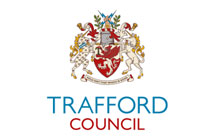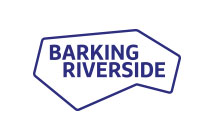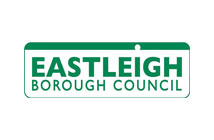Ener-Vate Secures Prestigious Role in UK Government Heat Network Zoning Programme
We are delighted to announce that Ener-Vate has been awarded a place on the UK Government Heat Network Zoning Framework, providing crucial Heat Network Zoning Delivery and Commercial and Financial Support to the Department for Energy Security and Net Zero (DESNZ).
This achievement marks a significant milestone for Ener-Vate, highlighting our commitment to leading the way in sustainable energy solutions. The Heat Network Zoning Framework is a vital part of the UK’s strategy to achieve net-zero greenhouse gas emissions by 2050.
Heat networks play a crucial role in decarbonising heat, enhancing energy security, and achieving net zero. They currently provide about 3% of total UK heat, but this is set to rise significantly. By 2050, heat networks could provide up to 20% of the UK's heat needs, through initiatives like the Heat Network Zoning Programme.
Ener-Vate’s role in this programme involves delivering Heat Network Zoning support, including commercial and financial assistance, working closely with central and local governments, industry partners, and stakeholders to identify areas where heat networks offer the most cost-effective solution for decarbonising heat. Our expertise will help accelerate the development of heat networks, attract private sector investment, and support local communities in accessing greener, cheaper heat.
Steve Marsh, Ener-Vate Operations Director said "Being awarded a place on the National Heat Network Zoning Framework is a testament to our dedication and expertise in delivering innovative and sustainable energy solutions. This opportunity allows us to contribute significantly to the UK’s net-zero goals while driving forward the decarbonisation of heat in buildings. This is an exciting period to be actively involved in the transition of heat network market growth"
The Heat Network Zoning Programme is not just about reducing emissions; it’s also about economic and market growth. By removing barriers to the development of large-scale heat networks, the programme will drive investment, create tens of thousands of jobs, and empower local authorities and communities to develop sustainable heating solutions tailored to their needs.
















